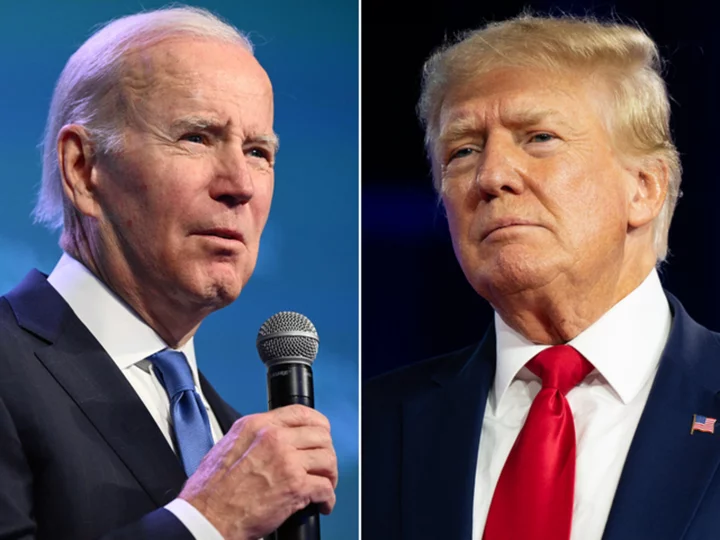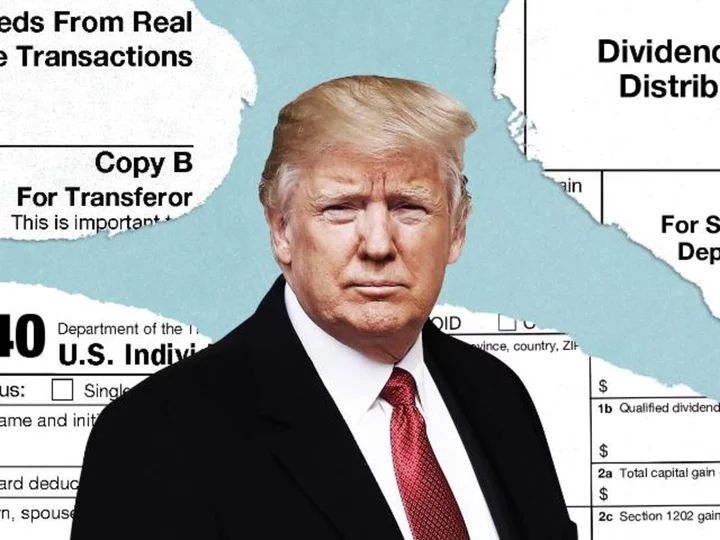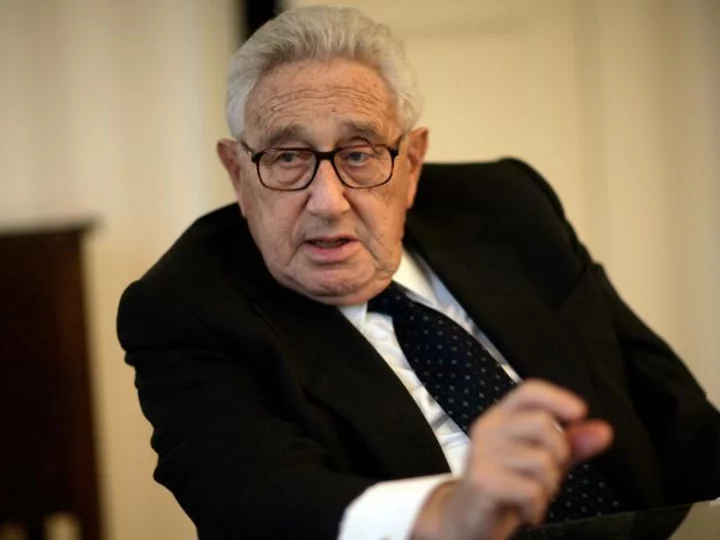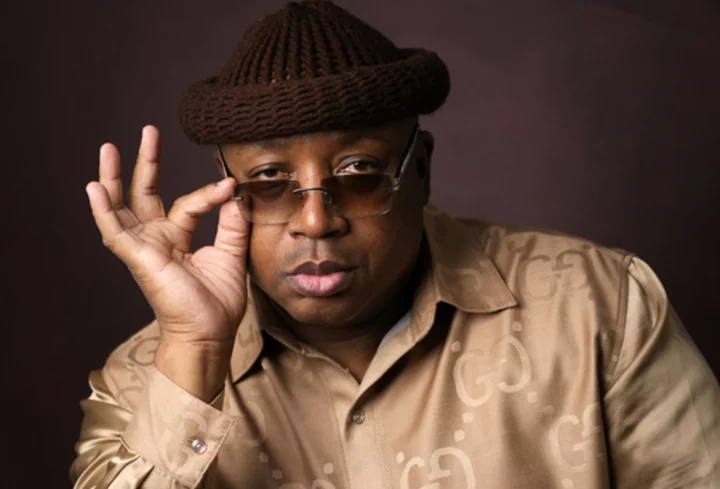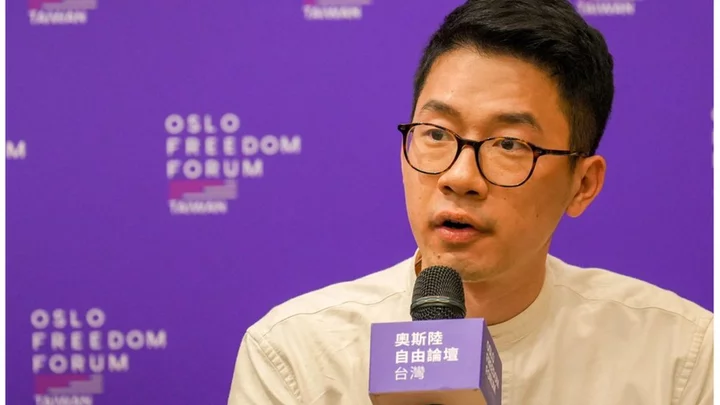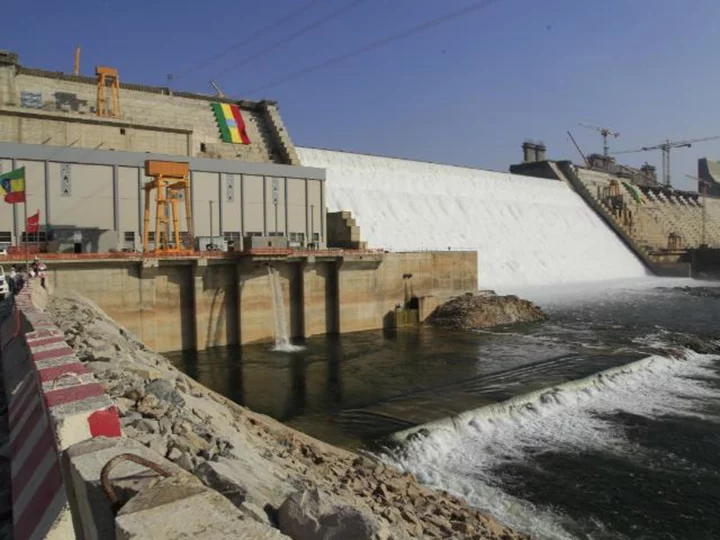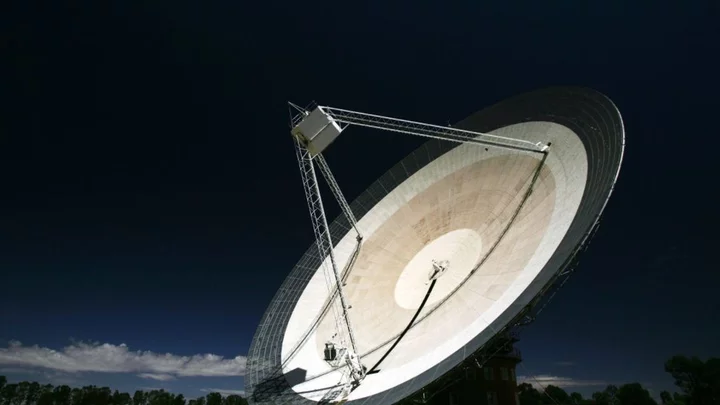In the weeks before Donald Trump was indicted over his alleged mishandling of classified defense documents and alleged attempt to cover it up, the former president kept arguing that it would be unfair to prosecute him given that President Joe Biden took "1,850 boxes" of documents to the University of Delaware.
Trump used the words "1,850 boxes" three times at a CNN town hall in May, adding two references to "1,800" boxes for good measure. Trump made similar comments on Thursday after learning he was being indicted by a federal grand jury, posting on social media that "Joe Biden has 1850 Boxes at the University of Delaware."
But Trump's vague insinuations that there is something improper about the existence of the Biden collection at the University of Delaware are baseless. The collection of donated documents is from Biden's 36-year tenure as a US senator for Delaware. Unlike presidents, who are subject to the Presidential Records Act, senators own their offices' documents and can do whatever they want with them -- donate them to colleges, keep them at their homes, give them to journalists, even throw them in the trash.
"No statute governs their retention or disposition and there is no public right of access to congressional records, under FOIA or any other statute," Margaret Kwoka, a law professor at The Ohio State University and an expert on information law, said in a Friday email.
Trump has also made false specific claims about the boxes of Biden's Senate documents. It is not true that "nobody even knows where they are." It is public knowledge that these documents are stored at his alma mater. It is also not true that Biden "has been totally uncooperative" and "won't show the documents under any circumstances." Biden consented to two FBI searches at the university -- searches that did not initially appear to turn up any documents with classified markings, a source familiar with the investigation told CNN's Paula Reid in February, though they were still being analyzed at the time.
Here's a more detailed look at the facts about the documents at the University of Delaware.
The presence of lots of Biden boxes at a university is normal and legal
The approximately 1,850 boxes of Biden documents at the University of Delaware are papers from the president's Senate career, which ran from 1973 to 2009 (when Biden was sworn in as vice president). While the Presidential Records Act says that presidential records belong to the public and that the National Archives and Records Administration gets custody of them the moment the president leaves office, records that are created and maintained within a senator's office "are the property of the senator," the Senate website explains.
And it is standard, the Senate website notes, for senators to donate these records to research institutions. The National Archives and Records Administration even maintains a list of where the documents of former members of Congress are housed. The list is filled with universities.
Kwoka said Friday that "any comparison between congressional records and presidential records is an apples-to-oranges comparison. The legal requirements are entirely different between the two."
There is nothing secret about the location of Biden's Senate collection
It has been public knowledge for more than a decade that Biden donated his Senate documents to the University of Delaware, from which he graduated in 1965. Biden announced the donation in a public appearance at the school in 2011, generating media coverage.
The school website published an article in June 2012 to announce that 1,875 boxes of documents had been delivered. Today, the website's section on its special collections has a page for the "Joseph R. Biden, Jr., Senatorial Papers."
Biden did impose conditions on public access to the collection. According to the university website, the papers will only be made widely accessible two years after Biden retires from public life. Until then, they can only be accessed with Biden's express consent.
That restriction has frustrated Biden critics who want the documents to be made available publicly much sooner, but there is nothing illegal or even remarkable about it. It is common for senators to place timing conditions on the documents they have donated to universities.
"President Biden had every right to donate his records from his time as a Senator to a university or other institution, and to impose restrictions on future access," Jason R. Baron, former director of litigation at the National Archives and Records Administration, said in a Friday email.
Biden consented to FBI searches at the university
Trump's claim in late April that Biden has "has been totally uncooperative -- won't show the documents under any circumstances" is not true. Reid reported in February that the FBI had conducted two searches at the university, with the consent and cooperation of Biden's legal team, in connection with the federal investigation into Biden's handling of classified documents.
It is not clear if Biden permitted the FBI to look at each and every one of the boxes stored at the university, or even if the FBI wanted to search all of the boxes. (A spokesperson for the university declined to provide more information to CNN, while a spokesperson for Biden's personal lawyer did not respond to a CNN email.) But even with few details publicly known at present, Trump's assertions that Biden has refused to cooperative with investigators and won't show the documents to anyone are clearly false.

